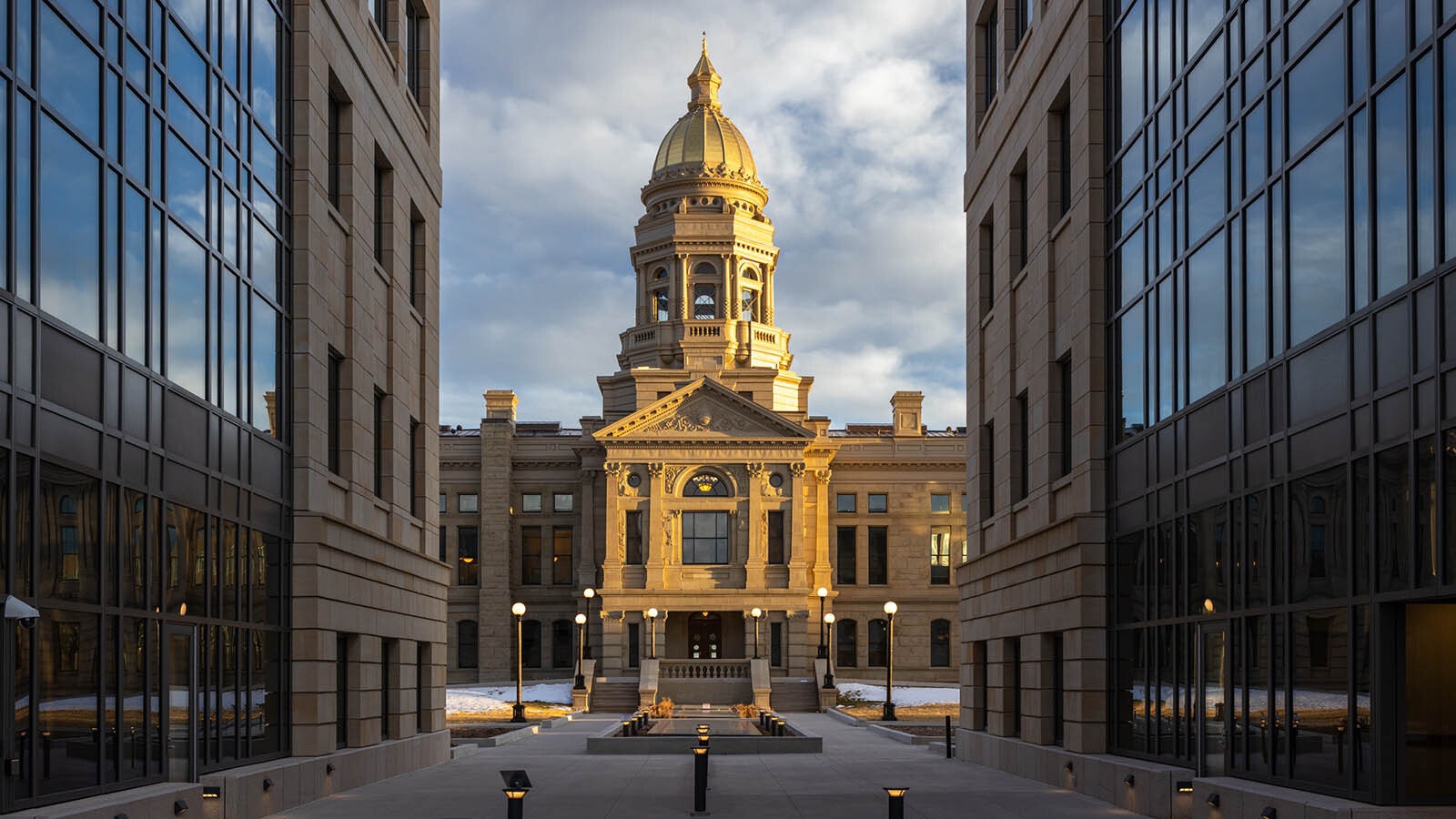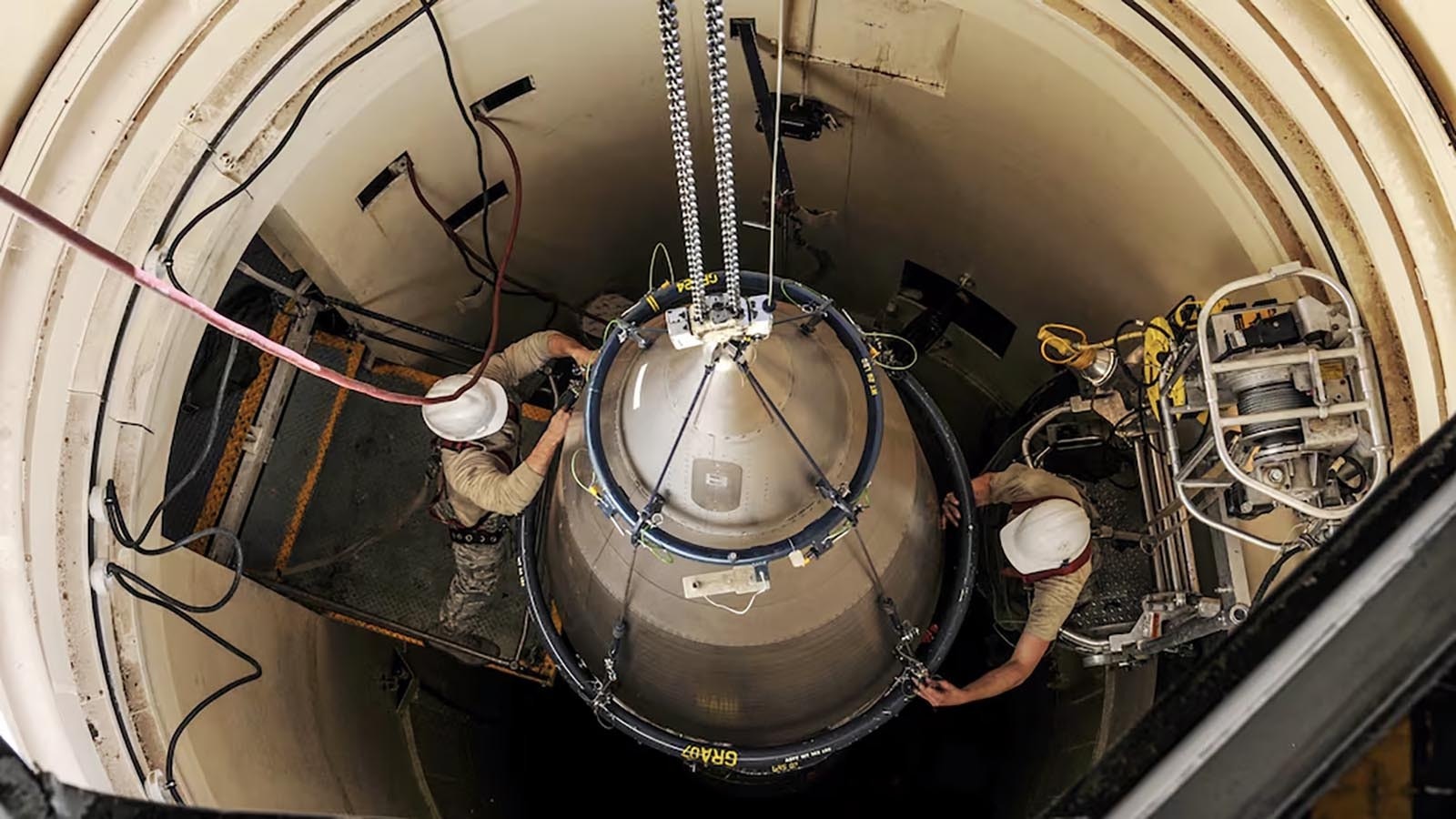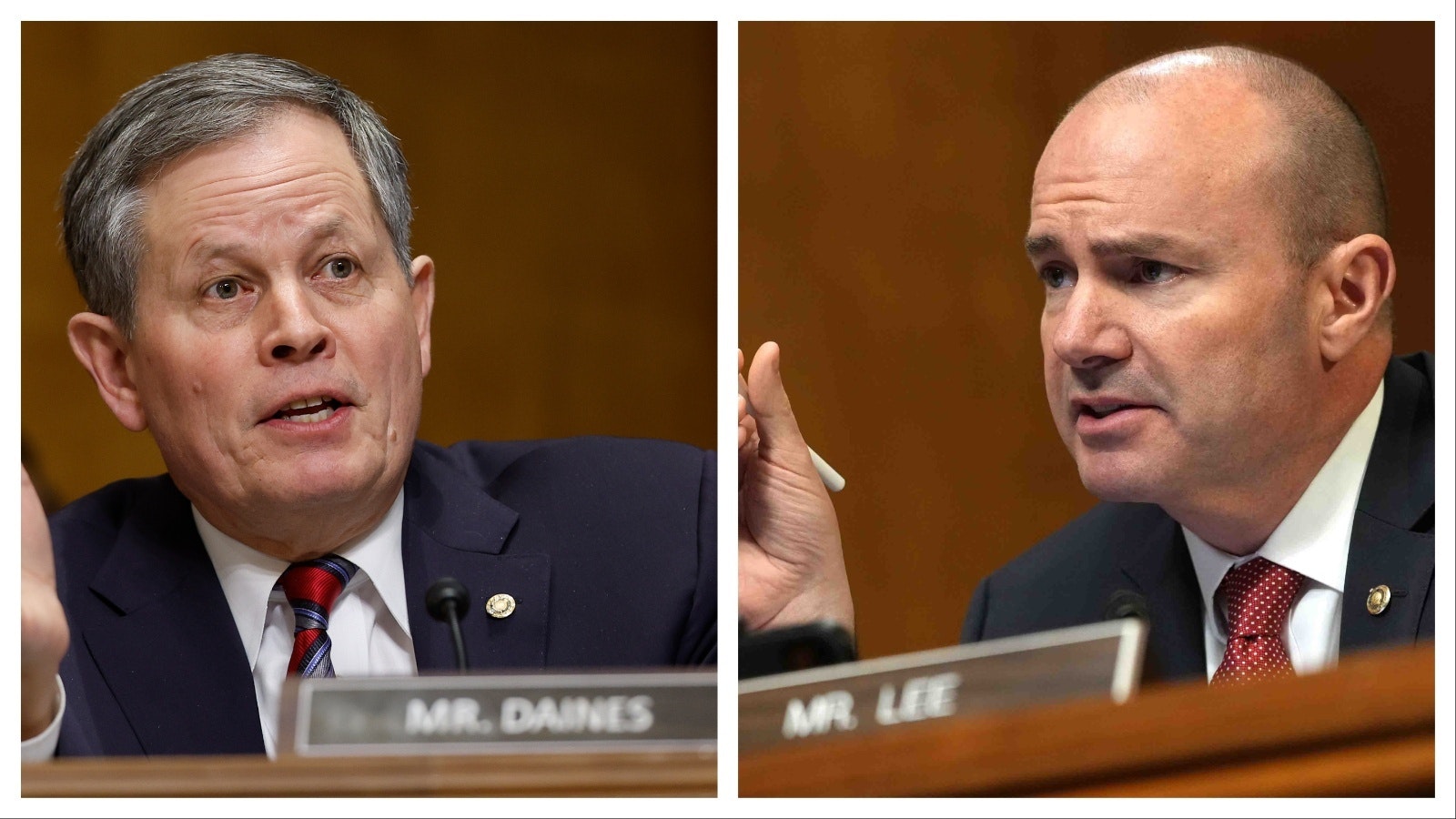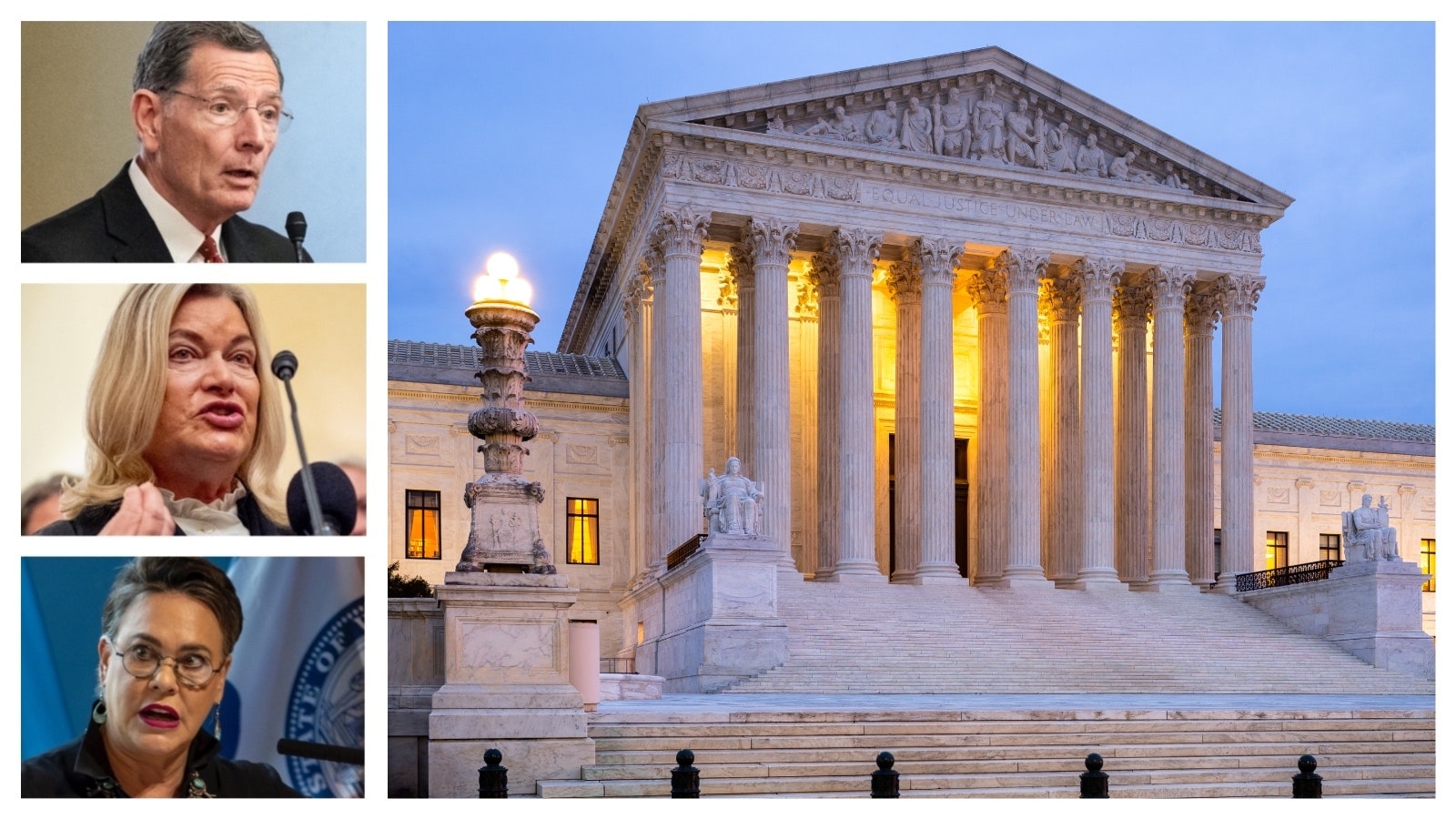A bill that would more strictly regulate abortions in Wyoming, including licensing clinics and doctors that do them, is quickly moving through the State Legislature.
House Bill 148 passed the Senate Labor, Health and Social Services Committee on a 4-1 vote Wednesday morning and then passed the Senate on its first reading by a large majority voice vote later that day.
The bill passed the House last week on a 53-9 vote.
The legislation classifies surgical abortion clinics in Wyoming as ambulatory surgical centers and under the Wyoming Department of Health’s oversight for licensing them and their physicians.
Physicians who violate the bill would receive a minimum associated penalty of at least one year in prison.
State Sen. Brian Boner, R-Douglas, spoke in favor of the bill Wednesday on the Senate floor, mentioning how 23 states have laws regulating how facilities perform abortions.
“This is dealing with basic patient safety,” he said. “Health care is highly regulated throughout this state and this country.”
Important Changes
Under the legislation, a surgical abortion center would be considered any facility other than a hospital that provides surgical abortions and performs no fewer than three first‑trimester surgical abortions in any one month or no less than one second‑trimester or third‑trimester surgical abortion in any one year.
Since it was introduced, an amendment was added to the bill by Rep. Chip Neiman, R-Hulett, requiring that at least 48 hours before a woman receives drugs to perform a chemical abortion, she must have an ultrasound.
According to the legislation, this must be done “in order to determine the gestational age of the unborn child, to determine the location of the pregnancy, to verify a viable intrauterine pregnancy, to provide the pregnant woman the opportunity to view the active ultrasound of the unborn child and hear the heartbeat of the unborn child if the heartbeat is audible.”
This amendment was a holdover from individual legislation brought by Sen. Bo Biteman, R-Ranchester, that wasn’t introduced earlier in the legislative session.
Opposition And Support
Sen. Chris Rothfuss, D-Laramie, spoke against the bill and the amendment, questioning who it’s designed to protect.
“The only effect of all this legislation, as I see, is really trying to terrorize women that are interested in having abortions and make it very challenging for any doctors to provide those abortions at the risk of potentially violating laws and ending up in prison,” he said.
Facilities that offer chemical abortions also would be covered under the bill, but like surgical abortions, there is only one facility that offers this service in Wyoming. This was another amendment added to the bill after its original creation.
Sen. Charles Scott, R-Casper, said his church supports the right to abortion, and as such opposes the bill, which he views as an intrusion on religion.
Sen. Dave Kinskey, R-Sheridan, who describes himself as pro-life, disagreed, viewing HB 148 as “good policy.”
He said prior to the U.S. Supreme Court’s decision overturning the federal law legalizing abortion in its 2022 Dobbs decision, knee surgeries were subject to more oversight than abortions.
Since this decision, Kinskey said “common sense” regulation on abortion has taken over, which he believes will eliminate abortion clinics performing unsafe practices.
“It seems common sense,” Kinskey said of the bill. “I think as a simple public health measure, there’s a case to be made for this.”
About That License
Another feature of the bill states that no person shall perform a surgical abortion in Wyoming who is not a licensed physician with admitting privileges at a hospital located no more than 10 miles from the abortion clinic. Current law for other surgical procedures in Wyoming is 50 miles.
Boner said the hospitalization requirement is there to provide a “continuity of care” in the event of a botched abortion and address any other unexpected medical issues in a timely manner.
Each surgical abortion performed in Wyoming would have to be reported to the Department of Health with attestation that the performing physician was licensed and in good standing with the Wyoming Board of Medicine.
“I don’t understand how this isn’t the biggest of big governments,” Rothfuss said.
Rothfuss said the Legislature would never take this disclosure approach with issues like vaccination status.
HB 148 would not go into effect or no longer be active in the event that Wyoming’s laws prohibiting most forms of abortion are upheld in court.
Leo Wolfson can be reached at leo@cowboystatedaily.com.





